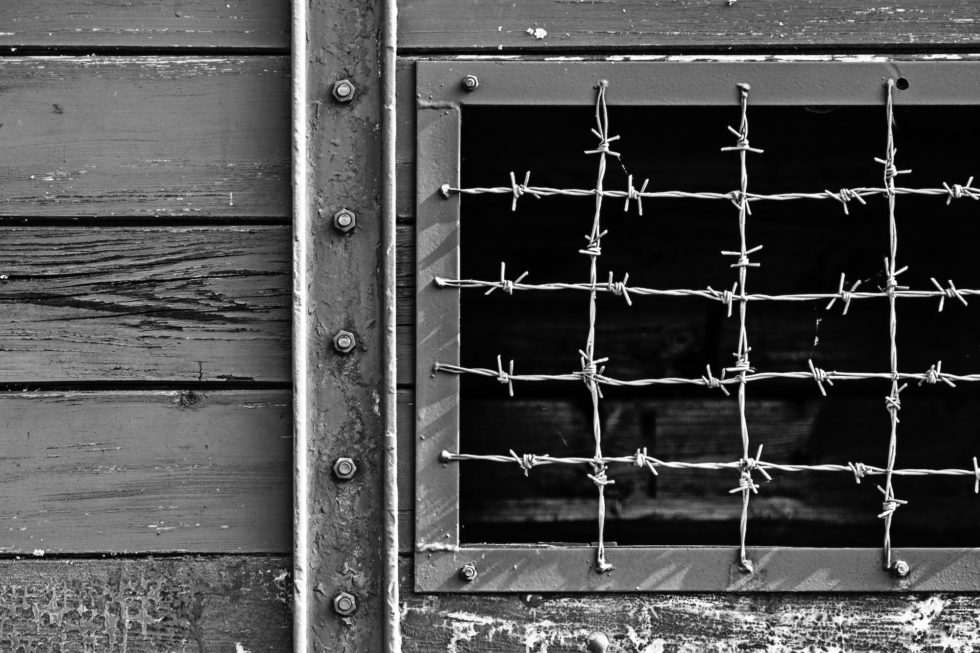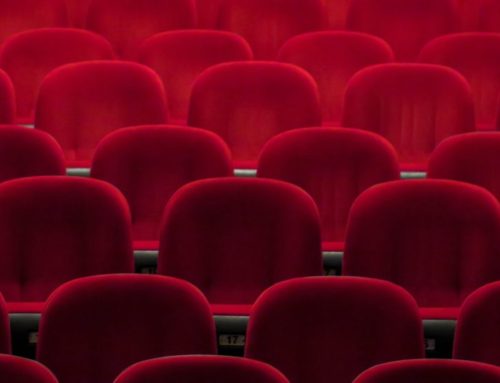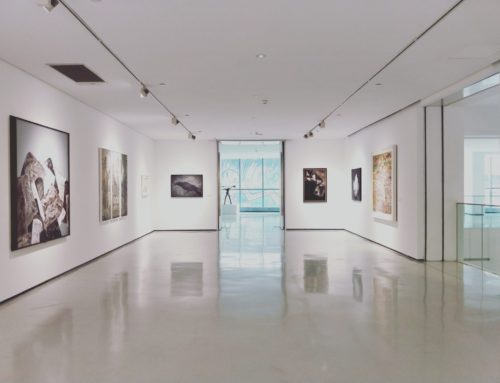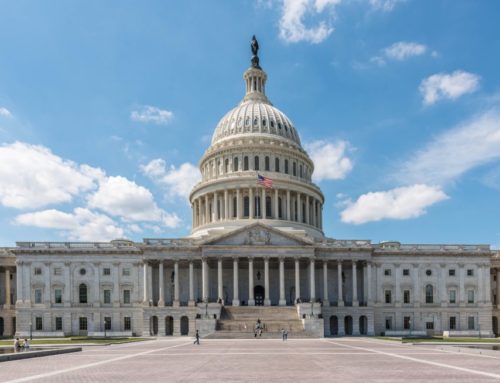One wouldn’t think of Auschwitz as the backdrop for a song. And yet, there was music — operas, symphonies, folk music, composed in secret and played for those who treasured each note as a reminder that joy existed beyond the camp’s grim walls.
Now, over 70 years after the end of the Holocaust, that music has begun to play in freedom, conducted by a solitary Italian composer and music teacher.
Over the last two decades, Francesco Lotoro has made it his life’s mission to collect, catalog, and in some cases, complete music pieces that were created by Nazi prisoners during the Holocaust. He first took on the task in 1991 after visiting a concentration camp and began traveling Europe in search of the lost music, usually on his own funds. He searched bookstores, explored archives, and often knocked on doors to speak directly with Holocaust survivors or their descendants. To date, Lotoro has compiled over 8,000 pieces of music, as well as arranged and recorded roughly 400 works composed in the camps.
The history of the music Lotoro has collected is complicated and tragic. At many camps — including Auschwitz — the Nazis forced inmate musicians into camp orchestras and ordered them to play as their fellow prisoners were marched out to forced labor. Prisoner orchestras were particularly notable in Theresienstadt, where prisoners were given the freedom to organize performances so that their Nazi captors could record their music as propaganda to fool the rest of the world into thinking that Jewish prisoners were being treated humanely. In Nazi hands, music became a tool of oppression, rather than an expression of joy.
But in prisoners’ hands, music was also an escape. As one survivor was quoted as saying in an article for the Guardian, “singing was something that made you forget the hunger”.
“For [prisoners], time had pretty much stopped at the time of their incarceration, and music became a great escape hatch for them,” Bret Werb, curator of music at the U.S. Holocaust Museum told reporters for NPR. “There are really hundreds, if not thousands of topical songs, original songs, in the style of light music, cabaret music, and so this is what these young people had in their heads.”
The music lifted prisoner spirits in the darkest of circumstances and empowered prisoners to imagine days beyond the camp, when songs could be played in freedom.
For Francesco Lotoro, finding and restoring musical works was a way to honor those who created. As the composer shared on CBS’s 60 Minutes, “What happened in the camps is more than an artistic phenomenon. We have to think of this music as a last testament. We have to perform this music like Beethoven, Mahler, Schumann. These musicians, for me, wanted only one desire: that this music can be performed.”
Thanks to Lotoro, it has been. In 2018, the composer organized and conducted a performance of the works composed during the Holocaust with Israel’s Ashdod Symphony Orchestra. The show celebrated two major events — the 70th anniversary of the founding of the State of Israel, and the 73rd anniversary of the liberation of Germany’s Bergen-Belsen concentration camp.
Since then, Lotoro has conducted other performances in São Paulo, Brazil, and Toronto, Canada. This spring, he plans to hold another concert to recognize the 75th anniversary of Jewish liberation from Nazi concentration camps.
His work won’t end with concerts, either. In recent years, the composer’s efforts to save the lost music of the Holocaust drew the attention of the Italian government and ultimately earned him a grant to create a campus for the study of concentration camp music. When construction ends, the space will house a library, theater, and a museum that encompasses all of the items that Lotoro has preserved.
Despite all of this work, Lotoro believes that the full significance of his efforts hasn’t come into bloom.
“The real beneficiaries of this music aren’t us who are researching it, not this generation,” he shared in an interview. “The generation that will benefit from it, that will enjoy this music, is the generation of those who will come in 30 or 40 years. It’s an operation which is completely for the future.”
Still, it seems that we all should be thankful. At long last, the music that sounded of joy to those who lacked it completely can finally, gratefully, soar free.
This post was originally published on DebrahCharatan.org






